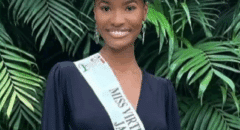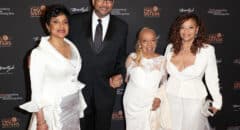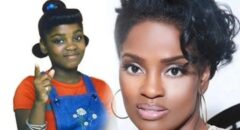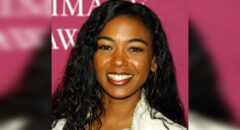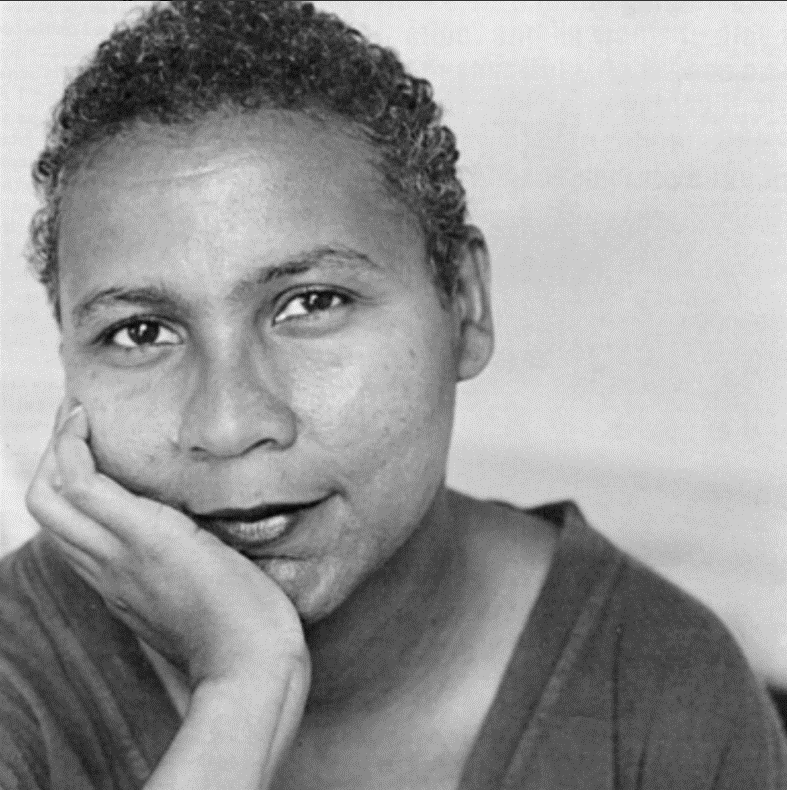
Beloved author, professor and feminist bell hooks, known for titles like "Aint I A Woman" and "All About Love," has died. She was 69.
The author's family confirmed her death to USA TODAY, saying she died Wednesday morning.
"We sadly confirm that our sister Gloria Jean Watkins (bell hooks) passed away at her home in Berea KY in the early morning hour today. She chose cremation so a celebration of life service will be at a later time," her family said in a statement on December 15th.
Early on, hooks, born Gloria Jean Watkins, wanted a way to honor her maternal great-grandmother while detaching herself from her work. She wrote dozens of books using her great-grandmother’s name but didn’t capitalize it.
During a 2013 visit to Rollins College, she told an audience that she always wrote her name in lowercase because she wanted people to focus on her books, not “who I am.”
“Even when people capitalize my name, I don’t freak out, even though that would not be my choice,” she said in a 2009 interview. “I’m not attached to it, and in that sense, I think we have to choose, what are the issues that really matter?"
“I think we are obsessed in the U.S. with the personal,” she continued, “in ways that blind us to more important issues of life.”
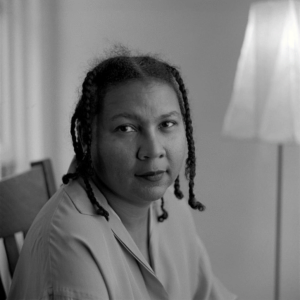
In her book Ain’t I a Woman? Bell Hooks brilliantly explored racism, feminism, class and patriarchy – or institutionalized sexism, as she called it. The book opens with a chapter tracing contemporary imagery of Black women in America back to the brutality of slavery. The book goes on to explain how the suffrage movement excluded Black women and the ways that the civil rights movement didn’t always address the distinct needs of Black women. Like Hooks herself, the work is complex and thought-provoking.
After receiving a Bachelors' degree from Stanford University, a Master's from the University of Wisconsin-Madison and her doctorate a the University of California - Santa Cruz, hooks went on to teach at many institutions of higher learning.
While teaching, she penned more than 30 books. She educated minds at Yale University, Oberlin College and City College of New York. She joined the Berea College faculty in 2004 and a decade later founded the center named for her, where “many and varied expressions of difference can thrive.”
Starting in the 1970s, hooks published books that helped shape popular and academic discourse. Rejecting the isolation of feminism, civil rights and economics into separate fields, she was a believer in community and connectivity and how racism, sexism and economic disparity reinforced each other.
Despite all of the insightful and thought-provoking literature, hooks had fun and enjoyed life.
"We cannot have a meaningful revolution without humor," hooks says. "Every time we see the left or any group trying to move forward politically in a radical way, when they’re humorless, they fail. Humor is essential to the integrative balance that we need to deal with diversity and difference and the building of community."
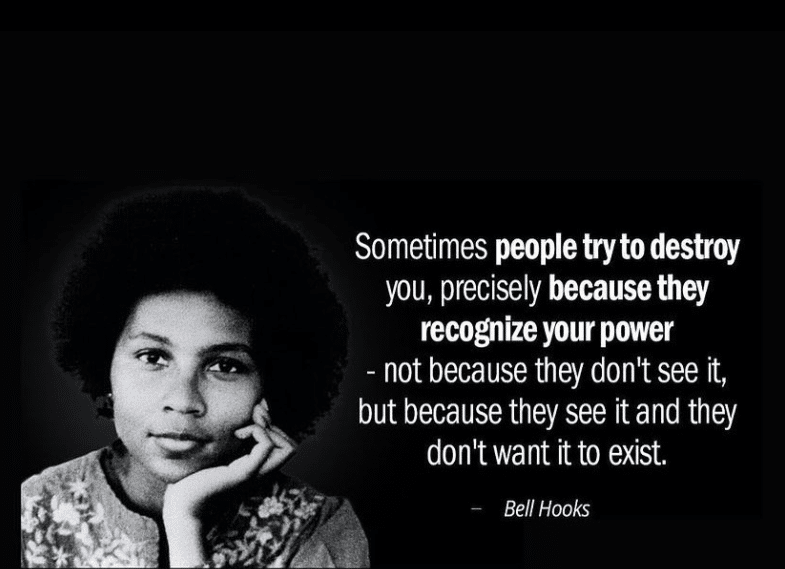
"For example, I love to be in conversation with Cornel West. We always go high and we go low, and we always bring the joyful humor in. The last talk he and I gave together, many people were upset because we were silly together. But I consider it a high holy calling that we can be humorous together. How many times do we see an African-American man and an African-American woman talking together, critiquing one another, and yet having delicious, humorous delight? It’s a miracle."




